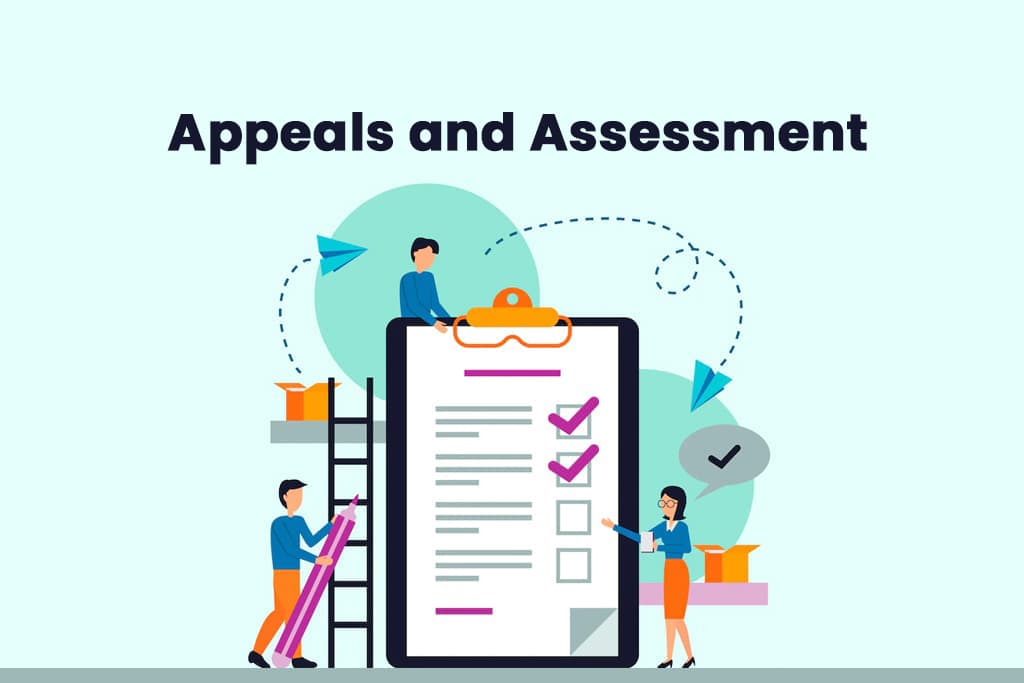
Appeals and Assessment
The Income Tax Act of 1961 requires all taxpayers to file their returns by the due date. The Income Tax Department verifies the accounts and assesses the taxability after the returns are submitted. In the world of income tax, this is known as “self-assessment.” In layman’s terms, “assessment’ is the process by which the Income Tax Department examines ITR filings.
1,258 Total Views
Our Process
The Income Tax Act of 1961 requires all taxpayers to file their returns by the due date. The Income Tax Department verifies the accounts and assesses the taxability after the returns are submitted. In the world of income tax, this is known as “self-assessment.” In layman’s terms, “assessment’ is the process by which the Income Tax Department examines ITR filings.
- PAN Card
- Form-16 issued by your employer
- Month wise salary slips
- Bank statement/passbook for interest on a savings account.
- Interest income statement for fixed deposits.
- TDS certificate issued by banks and others.
- The notice will be issued by the National e-Assessment Center.
- The receiving assessee will respond in 15 days.
- The centre will designate an official in the assessment unit, i.e., the Regional Electronic Assessment Center (REAC), to handle the case.
- Next, the NEAC will communicate with the assessee, verification unit, and technical unit.
- They will send all unit data to NEAC.
- NEAC will compile all of this data and send it to REAC.
- After reviewing all of the information, REAC will draught an assessment order, which will then be sent to NEAC.
- The assessee will be given the opportunity to defend his case before the fine is imposed.
If the income assessed or reassessed exceeds the income declared by the assessee, or if no return is filed and income exceeds the basic exemption limit, a penalty of 50% of the tax payable on such underreported income will be imposed.
